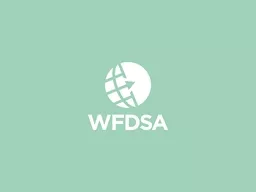PDF-AN OVERVIEW OF APES 110 CODE OF ETHICS FOR PROFESSIONAL ACCOUNTANTS ..
Author : cheryl-pisano | Published Date : 2016-05-10
LICENCES AND REGISTRATIONS FOR PUBLIC PRACTITIONERS is publication is not a replacement of the Code and therefore should be used in conjunction with and not instead
Presentation Embed Code
Download Presentation
Download Presentation The PPT/PDF document "AN OVERVIEW OF APES 110 CODE OF ETHICS F..." is the property of its rightful owner. Permission is granted to download and print the materials on this website for personal, non-commercial use only, and to display it on your personal computer provided you do not modify the materials and that you retain all copyright notices contained in the materials. By downloading content from our website, you accept the terms of this agreement.
AN OVERVIEW OF APES 110 CODE OF ETHICS FOR PROFESSIONAL ACCOUNTANTS ..: Transcript
Download Rules Of Document
"AN OVERVIEW OF APES 110 CODE OF ETHICS FOR PROFESSIONAL ACCOUNTANTS
.."The content belongs to its owner. You may download and print it for personal use, without modification, and keep all copyright notices. By downloading, you agree to these terms.
Related Documents














